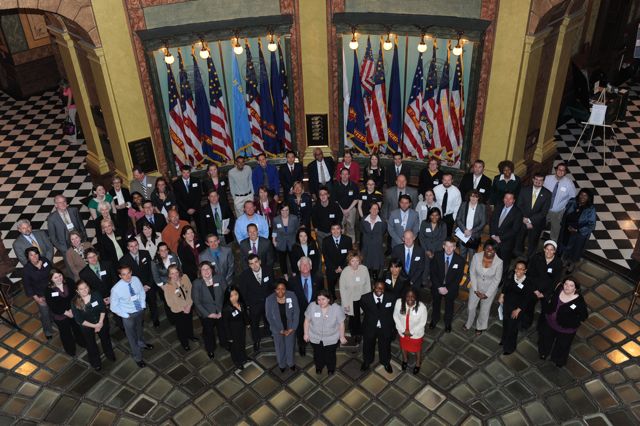Computer Science doctoral student Bryan Franklin and Professor Steven Seidel received the Best Paper Award for, “A Parallel Longest Common Subsequence Algorithm in UPC,” at the High Performance Computing Symposium, April 12-14, in Orlando, Fla. Franklin presented the paper at the conference. The paper describes the design, implementation, and performance of a parallel algorithm for the longest common subsequence problem, an important problem in bioinformatics. This is the second consecutive year that Michigan Tech authors have won the Best Paper Award at the HPC Symposium.
Published in Tech Today

